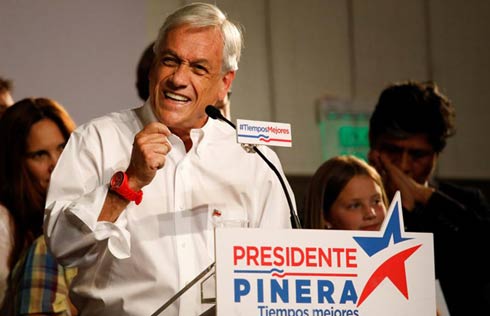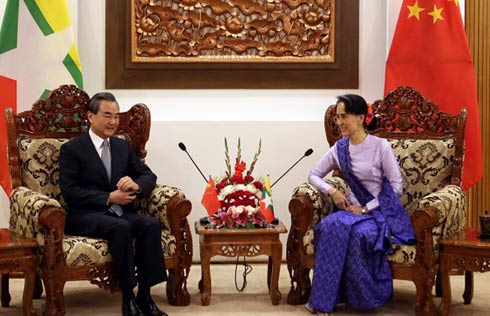Speech strikes chord with foreign, domestic firms
Both domestic and global companies have expressed great confidence generated by President Xi Jinping's speech at the opening of the BRICS Business Forum in Xiamen on Sunday.
Zhu Bixin, president of China Chengtong Holdings Group and chairman of the China Structural Reform Fund, said it has been 10 years since BRICS countries started working together. Under the promotion by all BRICS countries, this cooperation method has been constantly improving, achieving development goals.
"BRICS countries currently have growing influence on the world economy," Zhu said. "The cooperation among them can offer a remarkable opportunity and a solid platform for China's ongoing State-owned enterprises' reform and innovative development."
Jeremy Stevens, a Beijing-based China economist at Standard Bank, Africa's largest bank, said Xi placed emphasis in his speech on next year's 40th anniversary of China's reform and opening-up, in which Xiamen played a significant part, being one of the country's first special economic zones.
"It was an interesting reminder of the importance of opening up to the world. As with his Davos speech in January, Xi made clear his and China's commitment to globalization, in marked contrast to the lurch toward protectionism in the West."
Stevens said Xi was right to stress that quality of growth was now as important to the BRICS nations as the pace of it.
"He emphasized the importance of macroeconomic policy and industrial development policy coordination between the BRICS members, which was the right message," Stevens said. "The group was never just about fast growth."
Stevens said BRICS countries now are among the most important in the world.
"When it was first formed in 2006, the grouping had 40 companies in the Fortune Global 500 and now it has 160. It is therefore no surprise that President Xi spent nearly an hour speaking to the BRICS business community," he said.
"In his speech, President Xi repeatedly referred to 'development' and referenced cultural and sociological exchange between BRICS countries. He said that the citizens of BRICS countries should use cultural exchange as a link to understand each other further," said An Li, vice-president of Airbnb China.
The San Francisco-based home-sharing company fully supports the idea that development comes from mutual understanding and exchange.
An said that as the global platform for shared accommodations, Airbnb will continue to grow opportunities for cultural exchange so that people from BRICS nations will open their doors to each other and communicate.
"BRICS countries are actively embracing home sharing, and we look forward to working even more closely with local communities, governments and countries to expand shared travel and economic opportunities outside of developed countries," she said.
"BRICS is no longer merely an economic concept. Its role as a platform for emerging economies to coordinate their stance on world political governance is growing," said Xu Niansha, chairman of China Poly Group Corp.
"BRICS members need to do more to complement each other's weakness," said Xu.
"For instance, China is a manufacturing powerhouse. If Chinese businesses conduct capacity cooperation with other BRICS countries to create local jobs and increase added value of raw materials from those countries, we can establish an industrial chain within BRICS."
Sun Pishu, chairman of Inspur Group Co Ltd, said the speech by Xi gives a comprehensive conclusion of BRICS' achievements in the past 10 years and presents a clear road map for the coming decade. He made a special reference to the role of the business community in providing technology, capital and information to bolster economic growth.
"This is in line with Inspur's long-term commitment to enhancing connectivity through digital means across countries and providing tailored-made solutions to tap into local needs. We are heartened by the key messages delivered by the president and we look forward to making more visible contributions in the areas of cloud computing and big data."
He Wei contributed to this story.



























